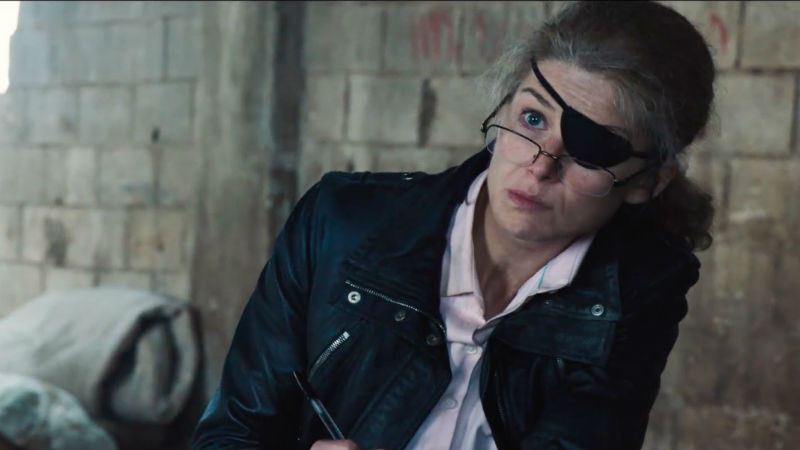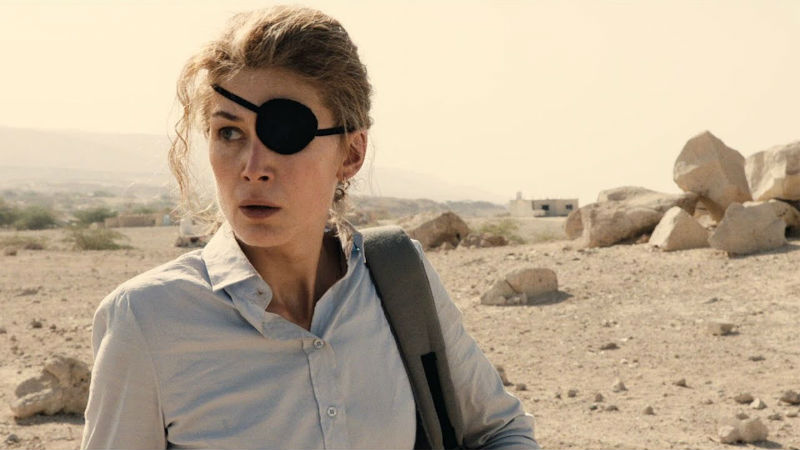QUICK SNAP: LIVE FROM TALLINN
By their very nature, professional translators are not meant to have a personality. Their role is to provide fidelity. They should not draw attention to themselves. But how do they feel when they are asked to say something that they don’t believe in? The Translator plays around with this conflict by opening with a tiny translation error by a Syrian interpreter that powers the rest of this touching family drama.
The year is 2000, and Sami (Ziad Bakri) is working as an interpreter for the Syrian athletes at the Sydney Olympics. When one of them is asked what they think about the transfer of power from Hafez al-Assad to his son Bashar, a small change in translation means that he has to claim asylum in Australia. It’s a clever, well-rendered moment, the ramifications of which the audience won’t fully comprehend until the end of the film.
After this brief prologue, we are flung 11 years into the future, at the advent of the Arab Spring. Guilty over the way he abandoned his family now suffering the full brunt of Assad’s brutal regime, the conflicted Sami, played with subtle sadness by Bakri, ponders the ways he can help those back home. When he finds out that his brother has been arrested after demonstrating against the government, he leaves his Australian wife and sneaks back into the country — in a tense scene that threatens to boil over into violence at any moment — facing up to his own past and his previous reluctance to speak up against the Syrian regime.
Filmmaking duo Rana Kazkaz and Anas Khalaf know a thing or two about living in exile. Having left Syria themselves due to the conflict, they have found a way to revisit their home country and interrogate their own past with this heartfelt film. Together they blend social family drama with impressively-shot thriller elements. A sense of haunting paranoia pervades almost every scene. Sami, once tasked with mere relaying what others have said, has to find his own crucial voice, even if it will cost him personally. While a little slow-going in the middle, tending more towards the emotional aspects of the film instead of truly channeling them through a thriller narrative, the moral clarity of the film rings strongly throughout.
The Translator shows us that the repressive nature of the Assad regime lies on his vice-like grip over nearly every element of Syrian society. It is not just through military violence either, but with the power of propaganda and coercion. With the situation in Syria still deeply precarious and with Assad still firmly in the Presidential Palace, the situation of The Translator is as true today as in 2011. The film reminds us of the need for people to speak up and let the world know what is going on. This is stressed through the continuous use of English-language radio and television reports providing crucial context and clarification for international audiences. Here’s hoping that the urgent message of The Translator provides the same effect.
The Translator plays as part of the First Feature competition at Tallinn Black Nights Film Festival, running from 13th to 29th November.










